Winter Break Brain Freeze
Much has been written about learning loss over summer vacation that necessitates weeks (if not months) of review to regain lost ground at the start of the school year in the fall. Similarly, we observe a backward slide during winter break, adding an extra challenge upon the return to classrooms in January.
Luckily, knowledge retention is trainable, and routines can be preserved. There are habits families can adopt to help bolster a child’s progress and help promote a more seamless back-to-school adjustment.
Memorization is a skill that requires constant upkeep. You can easily practice memorization and recall with your child at home by asking them to remember three things (name random, unrelated items like an apple tree, a giraffe, and a calculator) and ask them five minutes later if they remember what you’d listed.
Math proficiency can be easily lost with infrequent use, so challenge your kindergarteners to count as high as they can, your second-graders to count by 5’s and 10’s, your 3rd and 4th graders to practice “times tables”, and ask your upper elementary school kids to answer multiplication and division problems. Practice fractions while using measuring spoons and cups with your middle schooler in the kitchen, or ask your child to use a tape measure or ruler to find the dimension of a box and calculate its surface area or volume.
Reading to your young child every night is an excellent practice whether they’re in or out of school at the time. Regularly practicing reading is a fantastic way to hone a skill that opens doors to learning, creativity, and fantasy.
Critical thinking in a school setting is taught as analysis and problem-solving. At home, it shows up in budgeting, conflict resolution, and brainstorming. “What’s the best way to wrap this present?” or “Given these ingredients, what could we make for dinner?” or even “What do you think of this news story?” are all opportunities for kids to utilize their analytic skills and flex their debate muscles with family.
The value of good sleep hygiene cannot be overstated. Poor sleep habits lead to suboptimal focus, foggy cognition, slow reaction time, low frustration tolerance, emotional lability and irritability, and can even manifest as physical complaints like abdominal pain, headache, or muscle aches. While you may want to allow some leniency over their vacation, stick to a reasonable bedtime and wake time so that your kids don’t suffer a jarring change when they return to school.
The old adage “use it or lost it” rings true. Without regular practice and repetition, there will be a predictable loss in proficiency no matter the skill. But consistent review, snuck into everyday activities as playtime, brain games, and fun facts can help reduce the learning loss. The human body loves a routine, so sticking to a sensible day-night cycle will keep everyone happier and healthier in the short- and long-term.
Written by Dr. Carly Wilbur, UH Pediatrician and PSI Medical Director.



